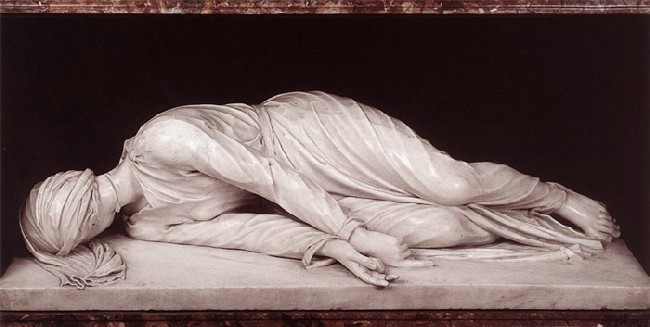If you like a deeper spirituality, the Divine Office (or Liturgy of the Hours (LOH)), or Opus Dei (Work of God) is often what draws people.
I think there is a mystery or something special that makes the Psalms a flowing spring for the Holy Spirit’s power.
From the Human Ancestors of Jesus. The personal accounts of the struggles and unbending faith of those in the human lineage of Jesus (the Jewish authors of the Psalms) makes it easier for us to feel a comforting kinship with these most ancient songs to God.
Jesus Christ came in fulfillment of the prayers and songs of the people who wrote and sang the Psalms, and they were the human ancestors of Jesus. These are the Songs that Paul tells us to sing. These were the songs Jesus loved. Jesus’s IPod had all 150 Psalms!
Before the Divisions. The use of the Psalms in daily song and prayer has continued in an unbroken chain of tradition from the days of antiquity before any division between Jews and Christians. Catholics, of course, but also Protestants can quickly feel an affinity with the various forms of the LOH (St. Benedict's, for example) that were developed about 1,000 years prior to Martin Luther’s publication of his Ninety-five Theses in 1517 which led to the Reformation and a split in Christianity.
For major parts of the LOH, the texts for the LOH are taken from times when those who acknowledged God’s sovereignty were in greatest unity.
The close human connection of the authors of the Psalms to Jesus the man and the core of the LOH being taken from sources treasured by Catholics, Protestants, and Jews as a common religious tradition fills the LOH with spiritual depth and power.
Or, stated differently, a source for drawing closer to God that has been used, treasured, tested, survived all attempts to stamp it out, and that comforted Jewish prophets, the 12 apostles, and heroes and saints of the Catholic church, and Jesus as he prayed alone at night to God, and whose core texts date back some 3,000 years, might still have some use today!
Saturday, April 12, 2008
Why does the Divine Office hold a special place in monastic hearts?
Subscribe to:
Post Comments (Atom)






No comments:
Post a Comment